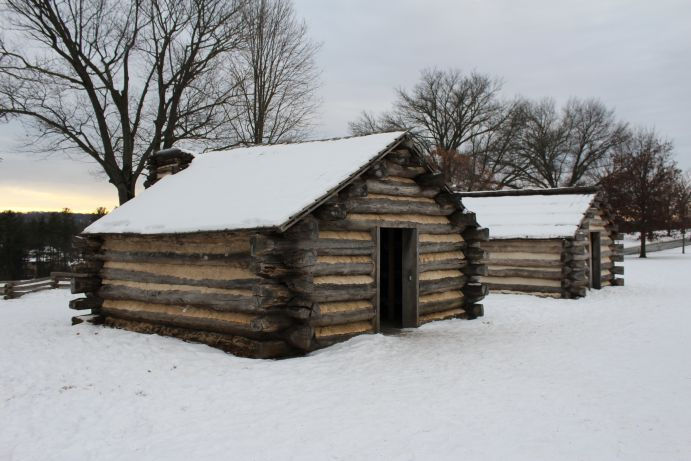An Inconvenient History: The Racist Roots of Progress
- Anneliese Abbott

- Sep 19, 2024
- 3 min read

After completing my master’s degree at UW-Madison and moving home, I spent over a year trying to understand why highlighting a connection between evolution and racism sparked the chain of events that made it impossible to get my PhD there. I read all of the leading antiracism books, but it wasn’t until this year that I finally found the missing piece of the puzzle—progress.
The idea of progress is so much a part of modern Western thought that few people even realize it’s a philosophy, not a law of nature. As historian J. B. Bury defined it in his 1932 book The Idea of Progress, progress is “based on an interpretation of history which regards men as slowly advancing…in a definite and desirable direction, and infers that this progress will continue indefinitely.” In a typical progressive narrative, humans started out as hunter-gatherers, then became farmers, then built cities, then formed specialized professions to create the modern technological civilization of today, which is the best ever and will continue to get even better. A belief in progress continues to be shared by Americans of all political persuasions, and my colleagues in Madison took pride in identifying as “progressives.”
But what few modern progressives realize is that the progressive narrative sprang from racism. All of those “stages of civilization,” from “primitive” to “civilized,” were based on actual people groups living in the nineteenth century, ranked in a hierarchy as evolutionary stages through which modern Europeans had once passed. “A knowledge of modern savages and their modes of life enables us to picture, and more vividly to conceive, the manners and customs of our ancestors in bygone ages,” John Lubbock wrote in his 1870 book The Origin of Civilisation and the Primitive Condition of Man. Similarly, Edward B. Tylor wrote in his 1878 book Researches into the Early History of Mankind and the Development of Civilization that “the wide differences in the civilization and mental state of the various races of mankind are rather differences of development than of origin, rather of degree than of kind.”
Charles Darwin was strongly influenced by Lubbock, Tylor, and similar authors, and he fit his own encounter with Indigenous people into a progressive framework. “The astonishment which I felt on first seeing a party of Fuegians on a wild and broken shore will never be forgotten by me, for the reflection at once rushed into my mind—such were our ancestors,” he wrote in his 1871 book The Descent of Man. But Darwin went one step further, stating that “the difference in mind between man and the higher animals, great as it is, is certainly one of degree and not of kind.” He proposed an unbroken continuum between animals and humans, implying that “savage” Africans were as different from “civilized” Europeans as they were from apes.

In the late nineteenth and early twentieth centuries, this progressive-evolutionary narrative was used to justify subjugating Indigenous people and destroying their cultures all over the world. Even after anthropologists agreed that all humans had equal intellectual abilities, they still ranked their cultures in a hierarchy and justified assimilating other cultures into Western civilization as “progress.” Even some well-meaning environmentalists in the later twentieth century reinforced this hierarchy by suggesting a “return” to a “primitive” hunter-gatherer lifestyle—in this case saying progress had gone too far, but not questioning the underlying concept. It has only been in the past twenty or thirty years that Indigenous voices have pushed for a more pluralistic view—that just because cultures are different does not mean they can be ranked on a continuum of “higher” to “lower.” But the racist roots of the idea of progress are still not widely recognized.



Comments